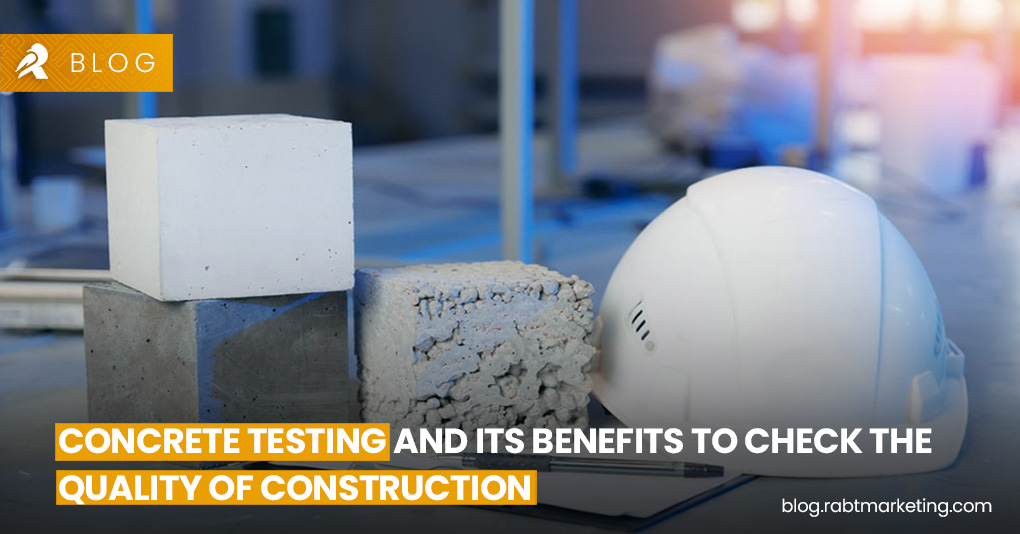What is Concrete?
Concrete is a strong and durable material that can withstand a variety of environmental conditions. Concrete is a composite material made of aggregate (sand, gravel, or crushed rock), bound together with a binding material usually Portland cement and water. When mixed together, the cement and water react to form a hard, stone-like material. Concrete is one of the most widely used building materials in the world, and it is used in a variety of applications, including foundations, walls, floors, and pavements.
Concrete Testing
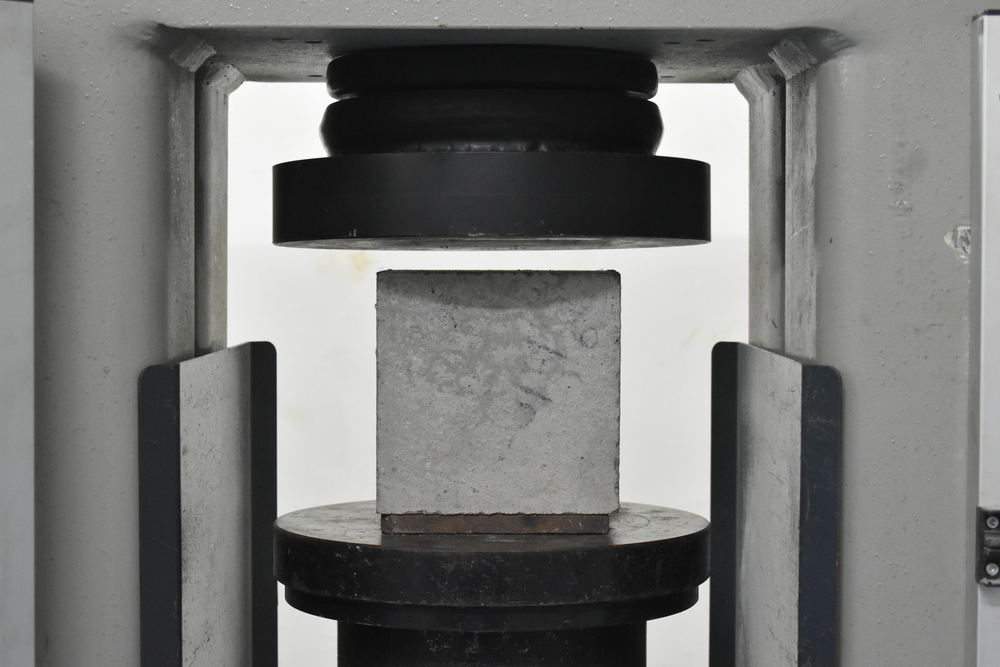
Concrete testing is one of the most important and essential aspect of construction and engineering industries, ensuring the quality, durability, and safety of concrete structures. It involves various methods and tests to assess the characteristics and properties of concrete materials before and after placement.
Importance of Concrete Testing
Structural Integrity and life of the building is always a great concern for Civil and structural engineers. Concrete testing holds much importance in construction projects because of its direct impact on structural integrity and long-lastingness. By conducting thorough testing, engineers and contractors can identify potential weaknesses or defects in the concrete mix, allowing them to address issues before they escalate.
Through testing, engineers can evaluate the resistance of concrete to various environmental factors such as freeze-thaw cycles, chemical exposure, and abrasion, ensuring that the structure maintains its functionality and aesthetics over time.
Main Tests for Concrete
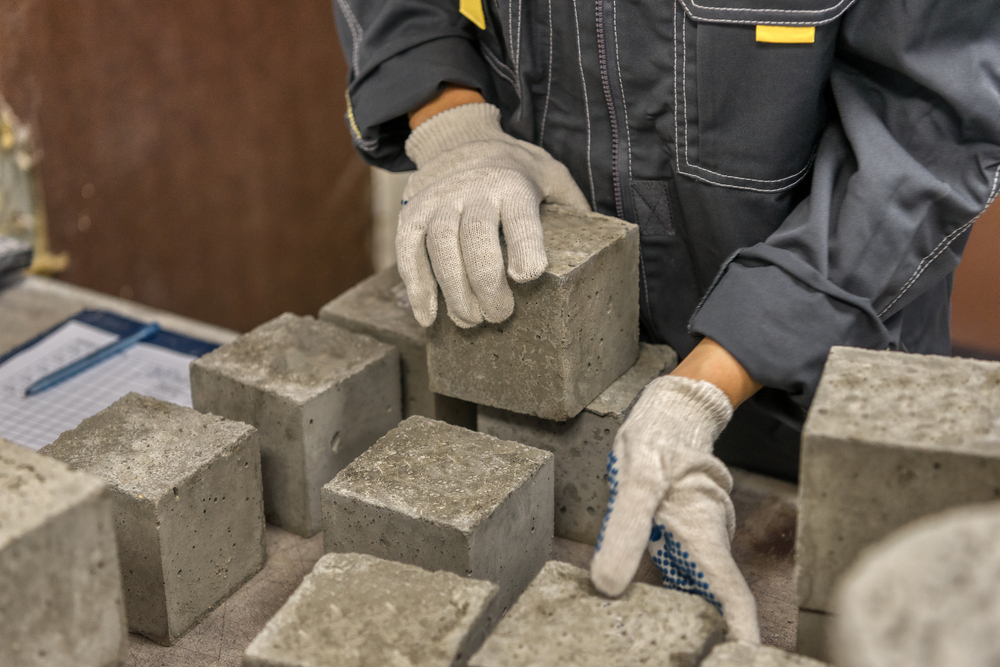
Concrete testing involves a range of standardized tests to evaluate different properties of concrete. Some of the main tests include:
Compressive Strength Test
The compressive strength test is widely regarded as the most important test for concrete. It measures the ability of concrete to withstand axial loads or forces, providing valuable insights into its overall strength and durability.
Slump Test
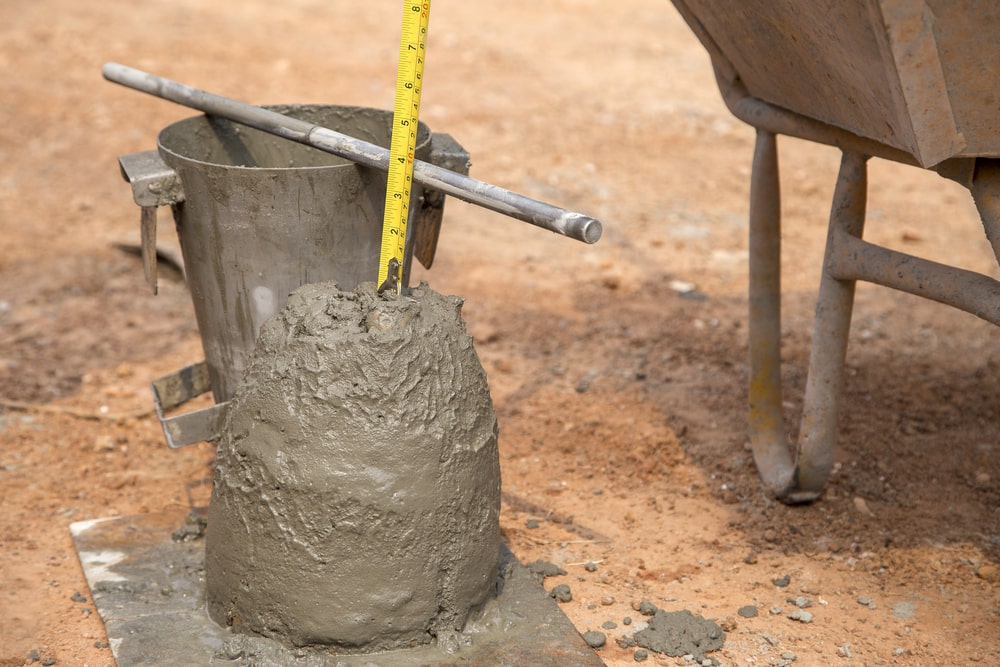
The slump test is used to assess the workability and consistency of freshly mixed concrete. It involves measuring the “slump” or deformation of a concrete sample when subjected to a specified amount of pressure, indicating its flow characteristics.
Flexural Strength Test
The flexural strength test evaluates the ability of concrete to resist bending or flexural stresses. It is particularly relevant for assessing the performance of concrete in structural elements subjected to bending loads, such as beams and slabs.
Density Test
The density test determines the mass per unit volume of concrete, which is crucial for estimating its weight and volume. It helps ensure that the concrete mix meets the required specifications and provides insights into its structural performance.
Water Permeability Test
Water permeability testing assesses the resistance of concrete to the passage of water under pressure. It is essential for evaluating the durability of concrete structures exposed to water or moisture ingress, such as basements, dams, and water-retaining structures.
Benefits of Concrete Testing
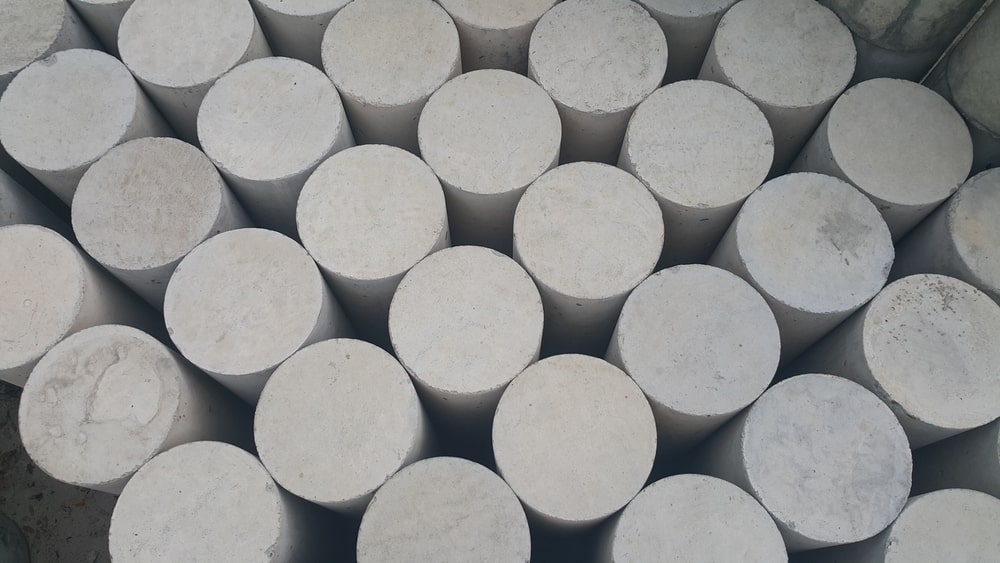
Following are the few most prominent of concrete testing
Safety Assurance
Concrete testing plays a vital role in ensuring the safety of structures and occupants. By identifying potential defects or weaknesses early on, it helps mitigate the risk of structural failures or collapses.
Quality Control
By following strict testing rules, contractors and construction professionals can ensure that the construction work is of high quality. This process is called as quality control. This helps to prevent mistakes and delays, saving money and keeping clients contented.
Cost Reduction
Investing in concrete testing can lead to great cost savings in the long run by preventing costly repairs or replacements because of structural failures or deficiencies. Early detection and correction of defects also helps to reduce the cost of maintenance and repairs
Environmental Impact
Concrete testing also impacts on environmental sustainability positively. The effects of good quality concrete testing includes minimizing waste generation, energy consumption, and greenhouse gas emissions associated with concrete production and construction activities.
If you are interested to read about cement tests and their advantages in the construction process then click here
Moreover, if you are interested in reading about top 5 most construction materials, click here
FAQs (Frequently Asked Questions)
1. Why is concrete testing important?
Ans. Concrete testing is done to ensure the quality, strength, and durability of concrete structures, ensuring safety and longevity.
2. What are the main tests for concrete?
Ans. The main tests for concrete include compressive strength test, slump test, flexural strength test, density test, and water permeability test.
3. How does concrete testing contribute to cost reduction?
Ans. By identifying potential defects or weaknesses early on, concrete testing helps avoid costly repairs or replacements, leading to significant cost savings over time.
4. What role does concrete testing play in environmental sustainability?
Ans. Concrete testing enables the optimization of mix designs and material efficiency, reducing the environmental impact associated with concrete production and construction activities.
5. Who conducts concrete testing?
Ans. Concrete testing is typically performed by qualified engineers, technicians, or third-party laboratories with expertise in construction materials testing.
Conclusion
Concluding the blog post with final words, Concrete testing is undoubtedly a top most considerable factor in engineering products and construction industry. If you are interesting in building a home of your dreams and going to hire a contractor, Then make sure to discuss about use of well-tested construction material for your house project. You have to reside in that place along with your family, so never compromise on the quality of construction material.

